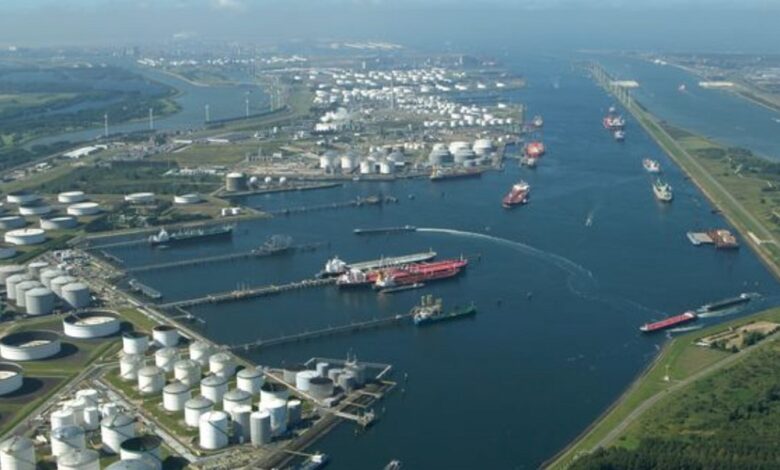Rotterdam World Gateway terminal to provide shore-based power for all vessels

Rotterdam World Gateway (RWG) container terminal has decided to equip its entire quayside with shore-based power for all vessels.
The RWG terminal is already fully automated and CO2-neutral and the construction of shore-based power facilities will mean the ships will also no longer emit particulates, nitrogen and CO2 when at berth. These facilities will also reduce noise pollution.
The first berths are expected to be equipped with shore-based power from 2026 onwards which will put RWG ahead of European regulation, which stipulates that all container, passenger, and cruise ships larger than 5,000 dwt must use shore-based power by 2030 in European ports. RWG stated that it would be designing, financing, and building the shore-based power systems itself.
The Port of Rotterdam Authority and RWG have signed a letter of intent that includes agreements to share knowledge and data concerning the construction and use of shore-based power and the necessary civil engineering works to quay walls and fenders that this requires.
“We are very pleased with RWG’s decision to invest as the first European deep-sea terminal operator in shore-based power. This represents a further contribution to greater sustainability of the supply chain that runs through Rotterdam for the clients we share,” said Boudewijn Siemons, CEO and interim COO of the Port of Rotterdam Authority.
